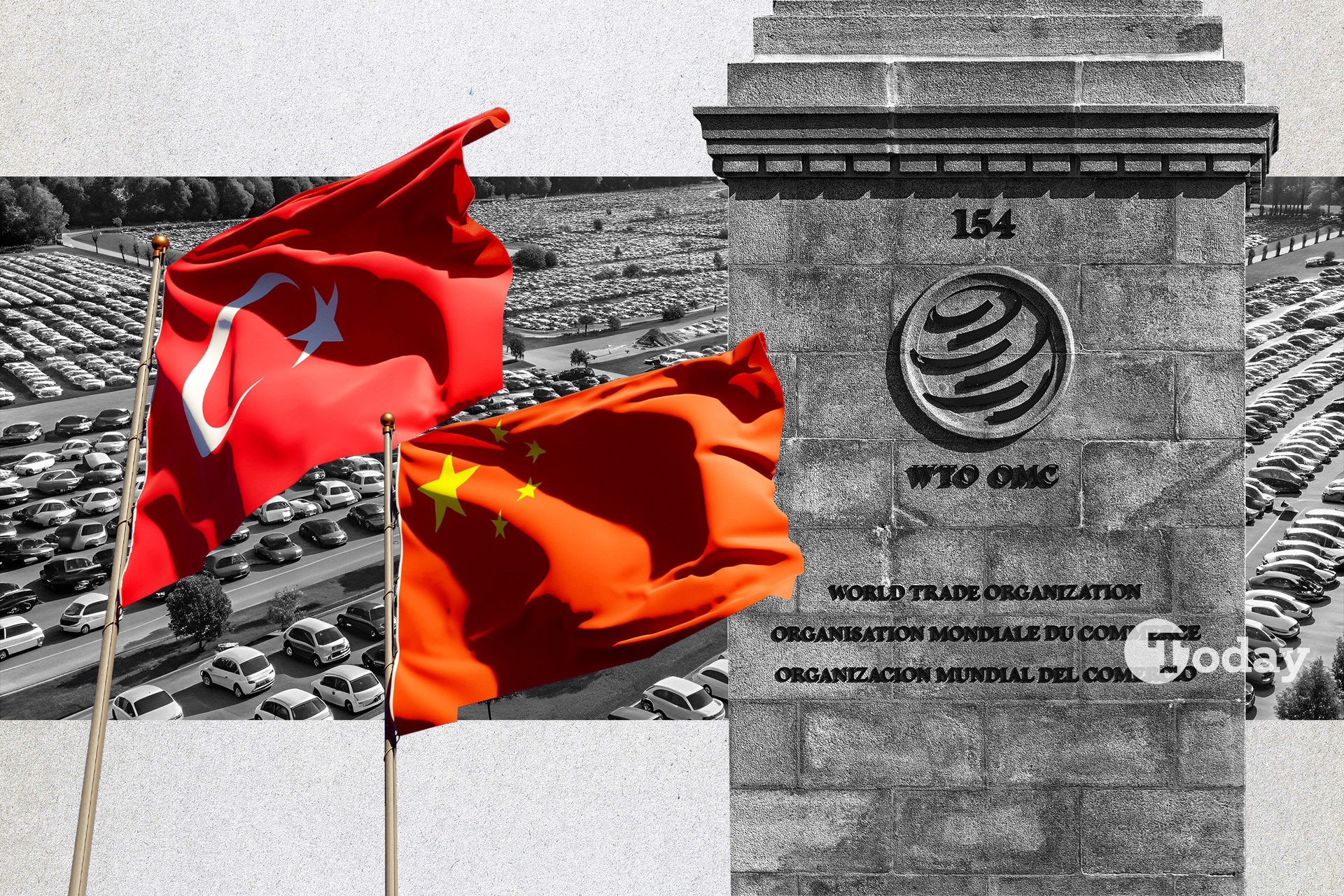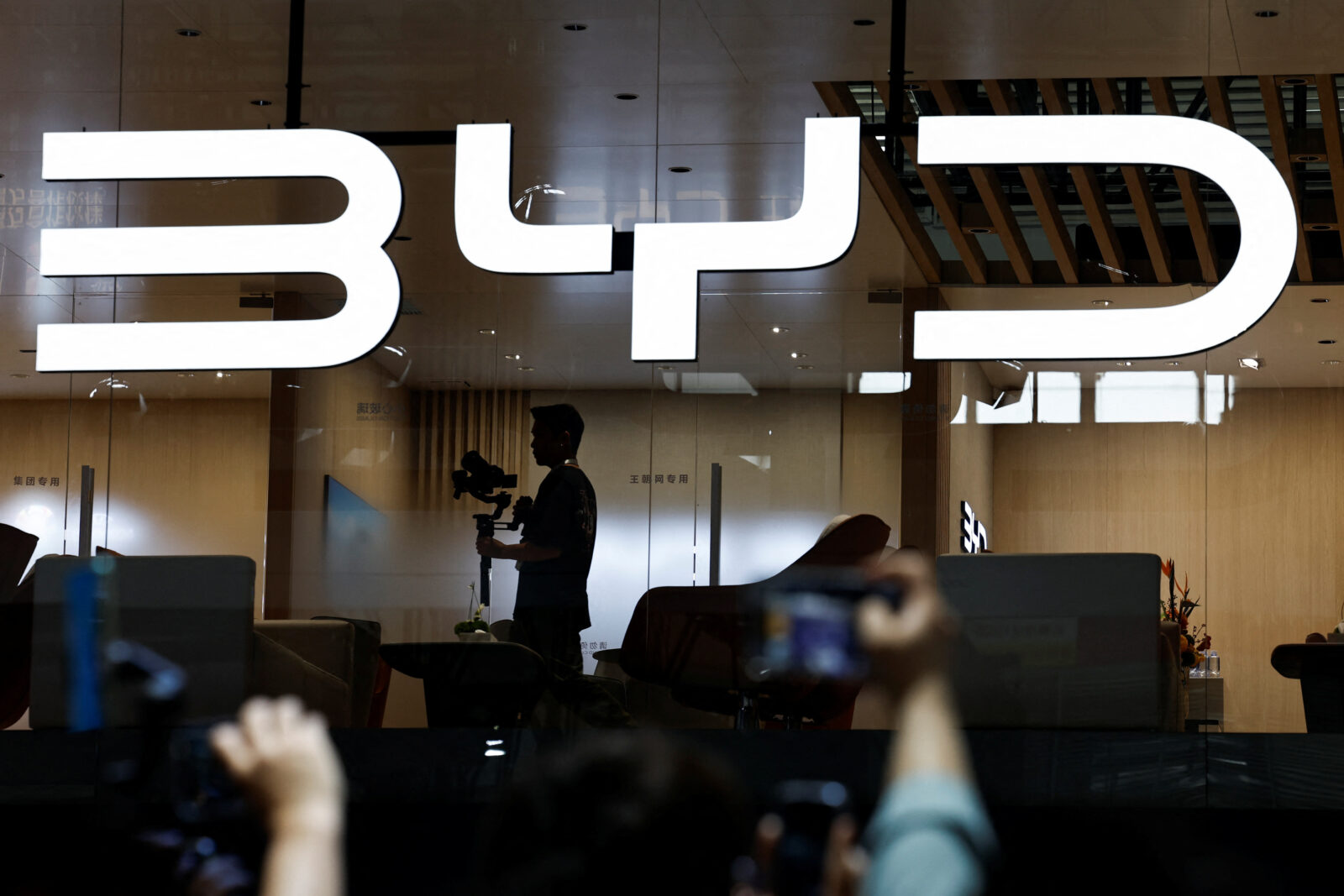
China has officially lodged a complaint against Türkiye with the World Trade Organization (WTO) concerning Türkiye's recent imposition of additional customs duties and restrictions on automotive imports.
This development comes amid rising tensions in global trade – particularly in the automotive sector.
In June, Türkiye introduced a 40% additional customs duty on all vehicles imported from China. This measure was later expanded in September to include plug-in hybrid vehicles. China's Ministry of Commerce has characterized these tariffs as discriminatory and a violation of WTO rules, labeling them as typical protectionist measures.

This situation highlights the increasing tensions in global trade dynamics, particularly as countries navigate protectionist policies amid competitive pressures in the automotive industry. The outcome of this dispute could have broader implications for international trade relationships and market stability.
Additionally, it is crucial to consider the impact of Chinese automotive companies' investments in Türkiye. Recently, a significant agreement was signed between the Chinese automotive giant BYD and Türkiye's Ministry of Industry and Technology, foreseeing investments worth approximately $1 billion in the country.
Furthermore, another major Chinese automotive manufacturer, Chery, is preparing to invest in Türkiye. Such investments are vital not only for the Turkish economy but also for the overall stability of international trade relations in the automotive sector.
Sahin Yaman, a former WTO negotiator, provided insights into the situation, highlighting several key points:
The WTO is expected to initiate consultations to review the dispute, though achieving effective resolutions may prove challenging due to the current dysfunction within the organization.
Yaman warned that ongoing trade tensions could complicate international relations and deter investments from other countries, such as Vietnam, Japan, and South Korea, in Türkiye.